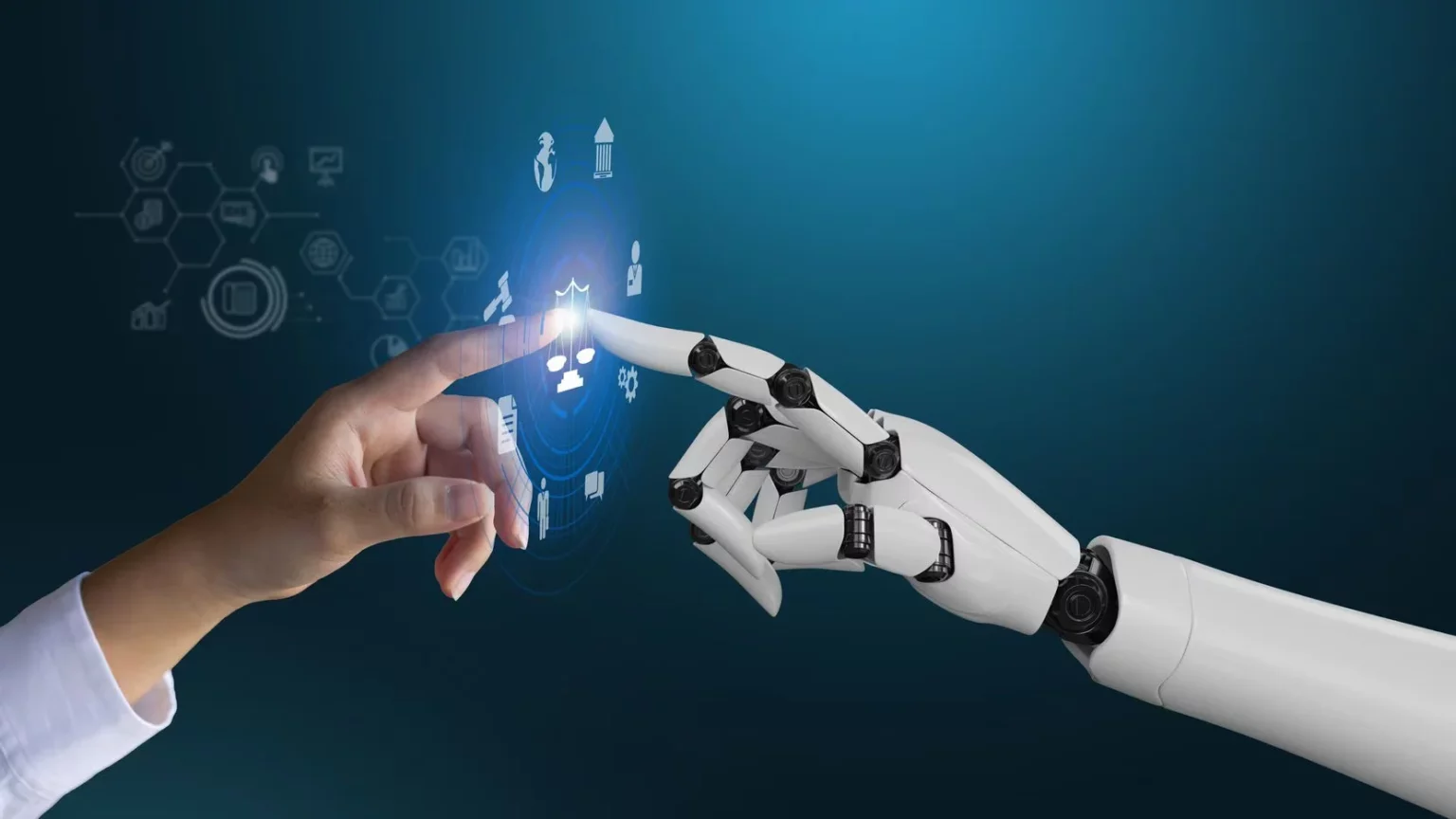In the rapidly evolving landscape of the future of work, the rise of Artificial Intelligence (AI) has captured the spotlight. As AI technologies continue to reshape industries and redefine job roles, a pertinent question emerges: What aspects of work will remain intrinsically human?
This article delves into the distinctive qualities that set humans apart in the era of AI dominance and explore how these qualities are crucial for the success of businesses and society.
1. Empathy and Emotional Intelligence: AI may excel in processing data and providing responses, but it falls short in understanding and empathizing with human emotions. Industries such as healthcare, counseling, and customer service heavily rely on genuine human empathy and emotional intelligence to build connections and provide personalized support.
2. Creativity and Innovation: While AI can mimic patterns and generate solutions based on existing data, true creativity and innovation are the products of human imagination and ingenuity. Fields like art, literature, music, and groundbreaking scientific research thrive on the ability of humans to conceive novel ideas that defy predictable patterns.
3. Complex Problem Solving: Human minds are adept at approaching multifaceted problems with a holistic view, drawing insights from various domains. AI is exceptional at well-defined problems but struggles with nuanced contexts and ethical considerations. Tackling global challenges and addressing intricate issues demands the comprehensive and interdisciplinary thinking that only humans can provide.
4. Ethical Decision-Making: Ethical judgments and moral considerations are deeply embedded in human consciousness. AI operates on algorithms and predefined rules, lacking the ethical intuition that humans possess. Navigating complex ethical dilemmas requires the subjective judgment and cultural awareness that stem from human experiences.
5. Interpersonal Relationships and Collaboration: Building relationships, effective communication, and collaborative teamwork are fundamental human skills. The dynamics of negotiation, conflict resolution, and teamwork rely on human empathy, shared vision, and adaptability – qualities that AI cannot replicate.
6. Adaptability and Learning: Humans have an inherent ability to learn, adapt, and thrive in changing environments. Unlike AI, which excels within defined parameters, humans can learn new skills, change career paths, and embrace uncertainty with a forward-looking mindset.
The future of work isn’t about a showdown between humans and AI; it’s about synergy and augmentation. Instead of fearing job displacement, we should recognize the opportunity to leverage AI to enhance our unique human strengths. By collaborating with AI, we can focus on honing our empathetic capacities, fostering creativity, and sharpening complex problem-solving skills.
To thrive in the AI-driven future, businesses and individuals should embrace continuous learning and upskilling. Developing emotional intelligence, creativity, and interdisciplinary thinking will position us as invaluable contributors to a harmonious and productive work environment. The coexistence of AI and human qualities will not only ensure our relevance but also enable us to lead the charge in shaping a prosperous and innovative future.
In conclusion, as AI continues its transformative journey, what remains 100% human is what truly sets us apart. Embracing our empathetic, creative, and adaptable nature, we can forge a future where humans and AI collaborate to unlock unprecedented levels of productivity and progress.




